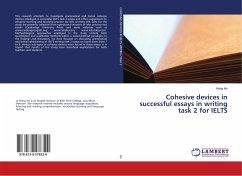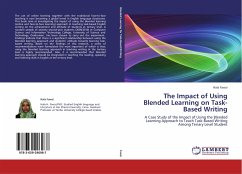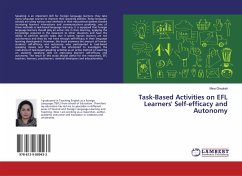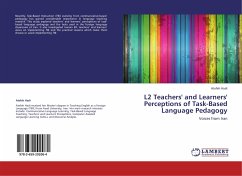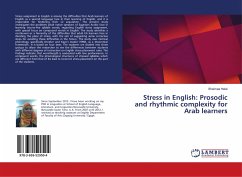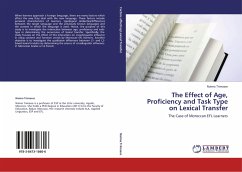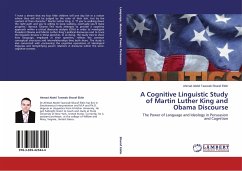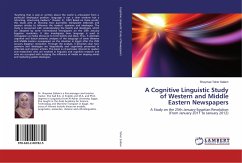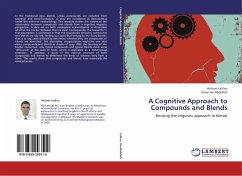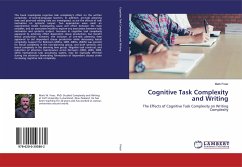
Cognitive Task Complexity and Writing
The Effects of Cognitive Task Complexity on Writing Complexity
Versandkostenfrei!
Versandfertig in 6-10 Tagen
62,99 €
inkl. MwSt.

PAYBACK Punkte
31 °P sammeln!
This book investigates cognitive task complexity's effect on the written complexity of second-language learners. In addition, pre-task planning time and post-task editing time are investigated, as are the effects of task motivation on syntactic output. Two approaches were used: an experimental model investigating cause and effect between the main variables, and an associative model to explore any association between task motivation and syntactic output. Increases in cognitive task complexity appeared to adversely effect dependent clause production, but benefit lexical production; however, the ...
This book investigates cognitive task complexity's effect on the written complexity of second-language learners. In addition, pre-task planning time and post-task editing time are investigated, as are the effects of task motivation on syntactic output. Two approaches were used: an experimental model investigating cause and effect between the main variables, and an associative model to explore any association between task motivation and syntactic output. Increases in cognitive task complexity appeared to adversely effect dependent clause production, but benefit lexical production; however, the inclusion of pre-task planning time appeared to aid dependent clause production while decreasing lexical complexity. Support for Robinson (2001a, 2005, 2007a, 2007b) was posited for lexical complexity in the non-planning group, and both syntactic and lexical complexity in the planning time group. Negative task construal, and reduction of attention maintenance across Dörnyei's (2002, 2003, 2009, 2010) motivational task processing system, may be especially effective during the attention demanding formulation of dependent clauses under increasing cognitive task complexity.



